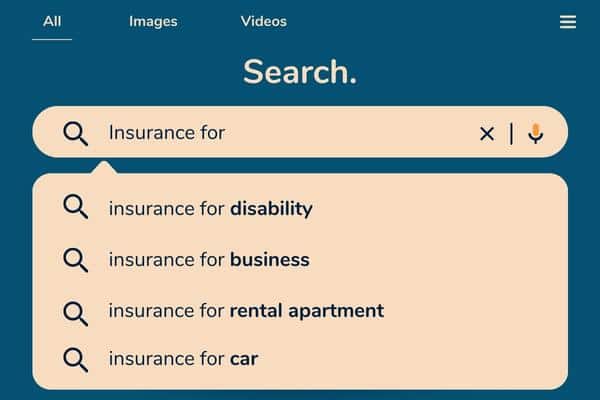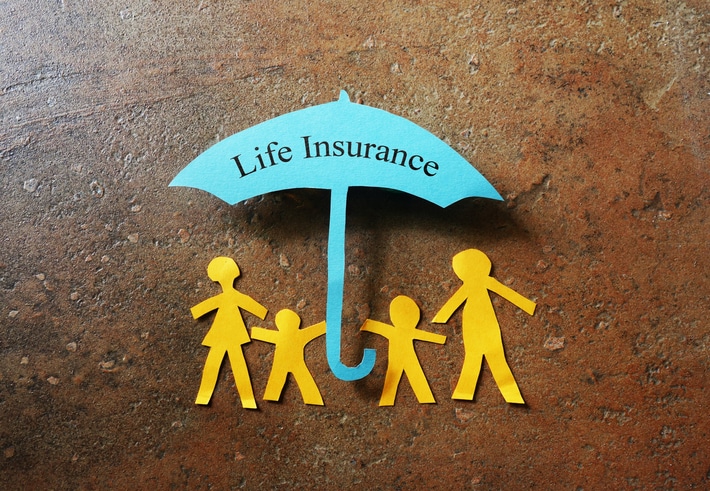Appropriate insurance coverage protects you, your loved ones, and your assets. An annual insurance check-up helps to ensure that your coverage remains aligned with your current and changing lifestyle. It can also help save you money through comparison shopping. Here’s a checklist of what you should include in your review.
Life Insurance
Life insurance helps protect who and what matters most to you, providing peace of mind for you, and security for those you care about. Your insurance should protect you against unexpected setbacks. For example:
- If you have a family with dependents or a spouse who relies upon your income, your life insurance coverage might not be sufficient to provide for your partner and/or child(ren) upon your death. It’s important to consider the impact of your lost income, potential changes to your spouse’s income and your family’s ability to cover childcare or college expenses, etc.
- Life changes such as getting married, having a child, or becoming single make it an important time to evaluate insurance coverage. Additionally, beneficiary designations likely need to be updated on all life insurance policies, retirement accounts and other beneficiary designations. A thorough review of your legal planning documents is also appropriate.
- Business owners should use life insurance coverage to help keep their business afloat during a transitional period upon death. If operating as a partnership, life insurance on each partner provides surviving partners with the option of buying out another partner’s share. Depending upon the nature of the business, additional business insurance lines, such as malpractice, errors and omissions (E&O), or cyber security insurance may need to be explored.
- As life evolves, your need for life insurance may decline. You should evaluate whether a life insurance policy remains worthwhile.
Disability Insurance
When you’re young and healthy, the thought of ever being disabled seems about as improbable as your chances to win the lottery. Most believe that “it will never happen to me.” Yet 1 in 4 adult Americans live with a disability. Those who develop a severe disability and are unable to work face difficult times paying the bills without a paycheck.
This is why disability insurance is a cornerstone of a strong financial foundation. It can fill a gap left when “sick leave” from an employer ends for a long-term illness. Generally, it can replace 60% of one’s earnings, up to a monthly limit, while disabled.
You will find these policies through employer group plans or purchased individually. Most individuals only carry group employer coverage, if it’s even available. However, a supplemental individual policy provides additional protection.
Individual coverage is often recommended for higher earners as many employer group plans have limits on coverage. An individual policy has the convenience of continuing to provide coverage in the event you lose or change jobs and a new employer does not offer disability insurance.
Homeowners or Renter’s Insurance
Having an up-to-date inventory of your home’s contents is essential in case of loss. This can be done by keeping a written list, photographs, or even a video of items in your home. Regularly updating this inventory should be a key element of your annual insurance check-up. Other considerations include:
- Renters are not covered with the landlord’s insurance. You need separate renter’s insurance to cover loss or damage to your belongings.
- Homeowners need home insurance that covers both the home’s structure(s) and contents. Coverage limits should frequently be reviewed relative to current rebuilding costs.
- If you’ve remodeled, the value of your home has (hopefully) increased. It’s important to update your coverage to reflect improvements.
- Additional coverage might be required for earthquakes, floods, etc.
- Expensive jewelry, artwork, or other high-cost items may need an insurance rider to insure those items separately.
- Security features like alarms or deadlocks may qualify for a discount on homeowner’s insurance.
- Second homes or rental property will need additional insurance, including landlord’s insurance and higher umbrella coverage.
- Owners of historical homes should confirm that their homeowner’s insurance coverage will pay for historical replacements.
Car Insurance
There are many possible life changes that could mean a rate adjustment from your vehicle insurer. These include:
- Changing your vehicle, including buying, selling, or modifying it.
- Having a teen driver.
- Your teen driver is heading off to college without the car.
- Using or no longer using your vehicle for work purposes.
- Changes in the length of your commute.
- Joining a carpool.
- Using your vehicle to earn some extra dollars via Lyft or Uber.
- If your car is now parked in a garage or is no longer garaged.
Don’t forget to have adequate coverage for both liability and underinsured motorists. Your liability insurance will protect you up to a limit in the event that someone sues you for an accident for which you’re at fault. However, if someone hits you without adequate auto insurance coverage, you can rely upon your own policy under the underinsured coverage provisions.
Umbrella Liability Insurance
Umbrella liability insurance (or excess liability insurance) coverage protects you from a variety of liability claims. If your net worth exceeds $500,000 (typically the upper limit of liability coverage embedded in homeowner and car insurance policies), we recommend purchasing additional umbrella liability coverage to protect your assets
Other types of liability coverage you might need include:
- Owning certain breeds of dog (commonly ‘blacklisted’ dogs including Pit Bulls, Rottweilers, and Doberman Pinschers) may require you to buy dog liability insurance.
- If you’ve become a member of a charitable organization’s board of directors or other steering committee, you may need to obtain directors and officers liability insurance.
- When starting a business, you might need to purchase a variety of professional liability coverage, such as errors and omissions (E&O) insurance, cyber security insurance, malpractice insurance, etc.
SageVest Wealth Management proudly serves as a fee-only, fiduciary advisor. We do not sell insurance, nor do we receive any commissions or incentives. This structure allows our clients to rest assured that any insurance recommendations align with their financial best interests. We welcome you to contact us to discuss your finances and insurance protection needs as part of your comprehensive wealth decision-making.




